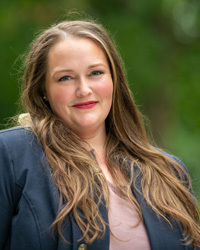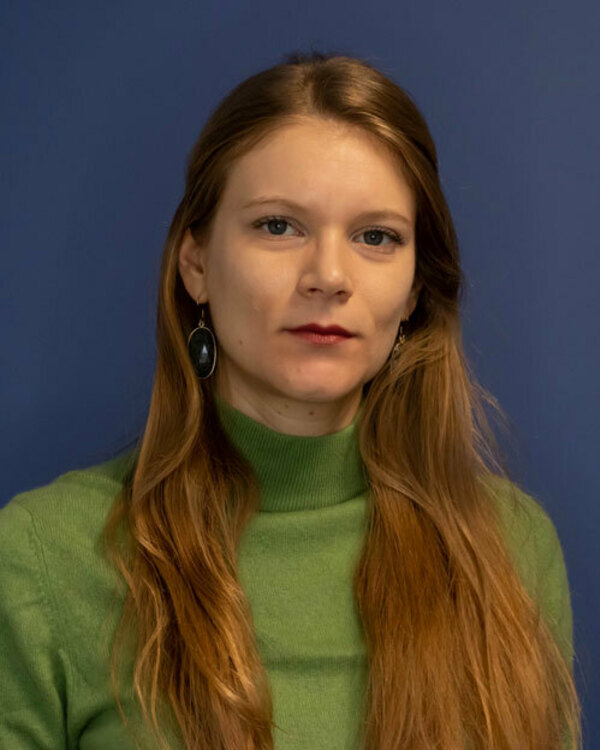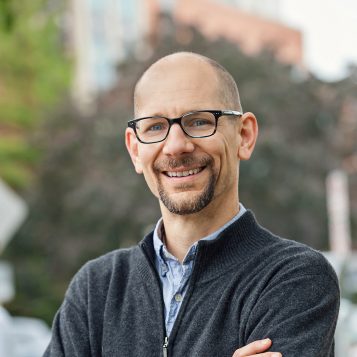This week, we’re looking back at an earlier episode of “Meeting in the Middle Ages.” In late 2022, we chatted with Dr. Megan J. Hall, Assistant Director of the Medieval Institute at the University of Notre Dame. We spoke with her about women’s literacy and learning in medieval England, the trials and tribulations of writing an academic article, and why impromptu bell-ringing can reveal the true value of scholarship.

Studying history can show us the bigger picture. It can help to explain why nation states behave as they do, why complex geopolitical situations emerge, and how entire landscapes have been shaped over time. But it also allows us to connect with the past on a local level. It can show us where we come from. Speaking with Dr. Hall, we were reminded several times that through historical research, people can identify with those who came before. Moments of identity like that can drastically reshape our relationship with the past. Dr. Hall’s meeting with a group of bellringers in rural England is a perfect example. During this surprise encounter, she was able to share her own work with the group and participate in a tradition of bell ringing which has centuries of history. Her work prompted one of the group to ask ‘so, could women read in the Middle Ages?’ Dr. Hall was able to correct a common misconception of women and the possibilities open to them in medieval England. Yes, some women could read! Some books were written specifically for women! This revelation changed the questioner’s view of medieval women, and was a triumphant ‘I knew we could!’ she experienced a moment of solidarity with them.
Dr. Hall’s story, as has been the case for so many of the conversations we’ve had on Meeting on the Middle Ages, is also a reminder of the privilege that medievalists have. We are able to visit museums, archives, libraries, and go beyond the public spaces. We can consult ancient materials. We don’t have to rely on facsimiles (well, sometimes we do). We can work with the original, turning it over in our hands and connecting with its creator. In doing so, we become another link in a chain that has been forged over centuries. With the Ancrenne Wisse it begins with the object’s creator, perhaps the scribe or composer of a manuscript. It binds together dozens of men and women who received the text and used it in their lives. Dr. Hall is part of that chain. And in telling her story, we all become a part of it too.
Thanks for listening. See you next time in the Middle Ages.
Will Beattie & Ben Pykare
Medieval Institute
University of Notre Dame


